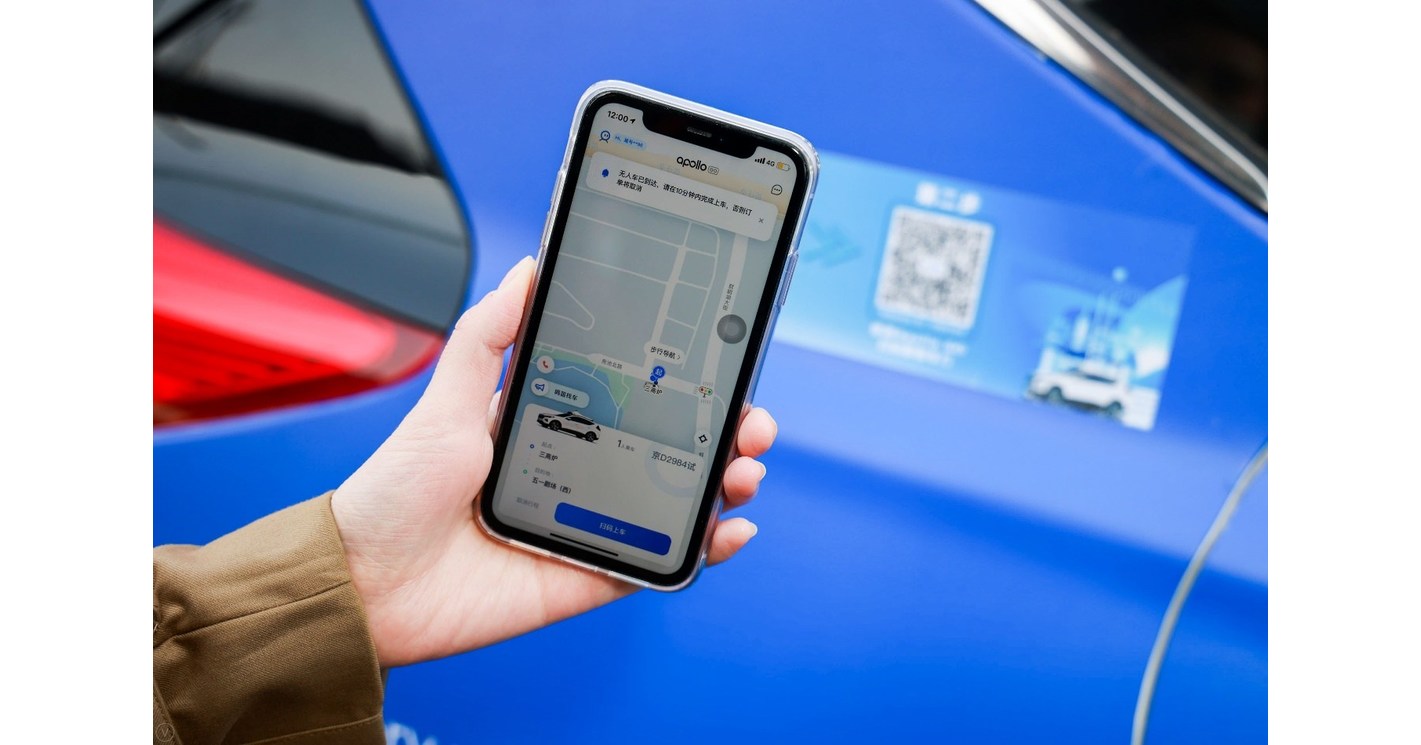Chinese tech giant Baidu has secured permits that will see them offer driverless commercial taxis in Wuhan and Chongqing via the company’s autonomous ride-hailing unit, Apollo Go.
The approvals come a few months after the company scored a permit to offer driverless ride-hailing services on peon roads in Beijing. This is the first of its kind move in China as Baidu will be the first autonomous vehicle company to offer driverless ride-hailing services to the public and collect fares.
The permits were granted by the Chinese government agencies in Wuhan and Chongqing’s Youngchuna District.
In a statement, Wei Dong, vice president and chief safety operation officer of Baidu’s Intelligent Driving Group said, “This is a tremendous qualitative change. We believe these permits are a key milestone on the path to the inflexion point when the industry can finally roll out fully autonomous driving services at scale.”
the taxis have gone through a series of operational tests and licensing ahead of the official debut in the two cities which now makes China the first country in the world to allow fared fully driverless robotaxis.
Already, 321 kilometres of roads for testing AVs have also been revamped to accommodate the driverless taxis in Wuhan, which also includes 106 Km that are covered by 5G-powered vehicle-to-everything (V2X) infrastructure.
Avs fully rely on V2X technology to collect real-time information about their surrounding environment and share observations with other vehicles or infrastructure, essentially giving the robotaxis another form of sensor to fall back on, aside from onboard lidar, radar and cameras. V2X infrastructure also helps Baidu monitor vehicles remotely and pilot the vehicles where necessary.
As the only company granted such permits from two Chinese megacities, Baidu’s robotaxis come with multi-layer mechanisms to ensure ultimate safety, including the autonomous driving system, monitoring redundancy, remote driving capability and a robust safety operation system, all of which are backed by a massive trove of real-world data including a total test mileage of over 32 million kilometres (~20 million miles) driven by Baidu’s AVs to date.
By the end of March 2022, Baidu has ranked No.1 in the accumulative number of autonomous driving patent applications in China, totalling 4,000; among them, the number of global patent families for high-level autonomous driving has exceeded 1,500, ranking first worldwide. Having already expanded to all first-tier cities in China, covering Beijing, Shanghai, Guangzhou, and Shenzhen, Apollo Go has now surfaced to become the world’s largest robotaxi service provider, recently reaching the milestone of more than one million orders.
In Chongqing, according to TechCrunch, the Yongchuan District has been a pilot zone for autonomous driving, in which 30 robotaxis have accumulated 1 million kilometres’ worth of test driving.
The two zones where Baidu will operate feature many new, wide roads that make it easier to operate autonomous systems and both the cities have favourable regulatory and technological environments for Baidu to kick off its first commercial driverless service.




